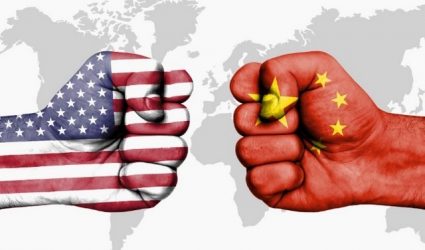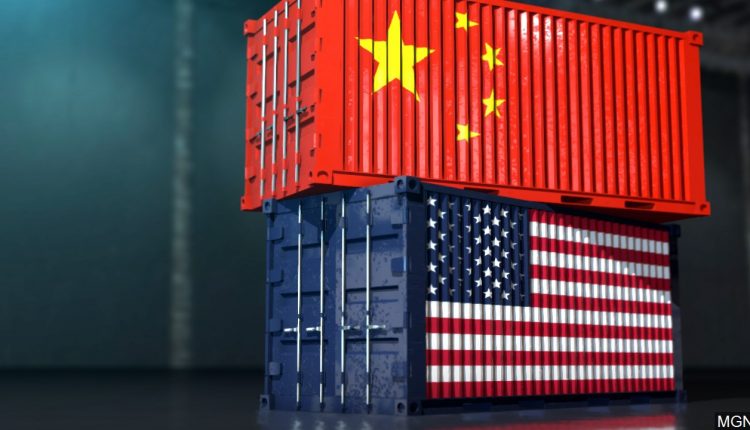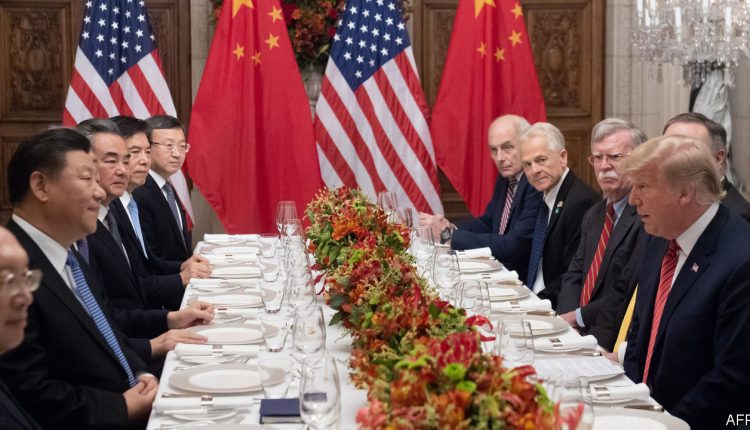Taiwan and Malaysia likely biggest losers in US-China trade deal

(Asian Nikkei Review) – Taiwan and Malaysia will suffer the most in the near term if a U.S.-China purchasing agreement goes through, while South Korea and Japan also have much to lose, a new Goldman Sachs report says.
Semiconductor exporters in Asia are particularly vulnerable if China decides to import more American products to ease trade tensions, a group of Goldman analysts wrote in a report released this week.
Taiwan would lose more than 1% of its GDP, while Malaysia would lose about 0.7%, according to the report’s estimates, based on the assumption that China’s “shopping list” will amount to $125 billion of American imports annually. South Korea and Japan could also lose $8 billion each.
A purchasing deal, where China promises to increase imports from the U.S., has been a key point in trade talks between Washington and Beijing, as President Donald Trump seeks to lower the ever-growing trade deficit with China, which hit a record $891 billion in 2018.

In December, ahead of the 90-day trade truce that was extended again last month, President Xi Jinping promised Trump that China will agree to buy a “substantial” amount of agricultural and energy products from the U.S. Beijing has also reportedly offered to boost orders of American semiconductors.
According to the Goldman report, lost agricultural exports will be more easily offset even if China turns to U.S. goods, as other countries will buy less from the U.S. — given that American production won’t increase dramatically in the short term — and more from other food suppliers.
In contrast, the semiconductor industry, which is more complex and has higher entry barriers, will face more disruptions from a China supply shift.
Possible changes in China’s purchases also come as the global semiconductor market is slowing. World Semiconductor Trade Statistics predicted last month that the chip market will decline by 3% in 2019, compared with 13.7% growth in 2018.

South Korea, home to semiconductor giants Samsung Electronics and SK Hynix, saw exports in the sector fall three straight months through February, after more than two years of growth. One of Taiwan’s largest chip companies, Taiwan Semiconductor Manufacturing Co., also saw revenues decline year over year for three months in a row.
Analysts at Goldman said they “found that [South] Korea and Taiwan would be the most vulnerable in the near term” if China decides to purchase more chip from the U.S., given “excess supply conditions.”
“Besides major chip producers, Malaysia, the Philippines and Singapore could also lose some chip business through U.S. tech supply chains,” the report added.
In 2018, almost 40% of Malaysia’s exports were in the electrical and electronic products category, according to the country’s department of statistics.
Goldman emphasized, however, that the report focused on the near-term effects of a U.S.-China trade agreement.
“In the longer run, we would expect trade balances to be driven by more fundamental factors such as domestic saving and investment rates, rather than bilateral purchase agreements,” the report said.

